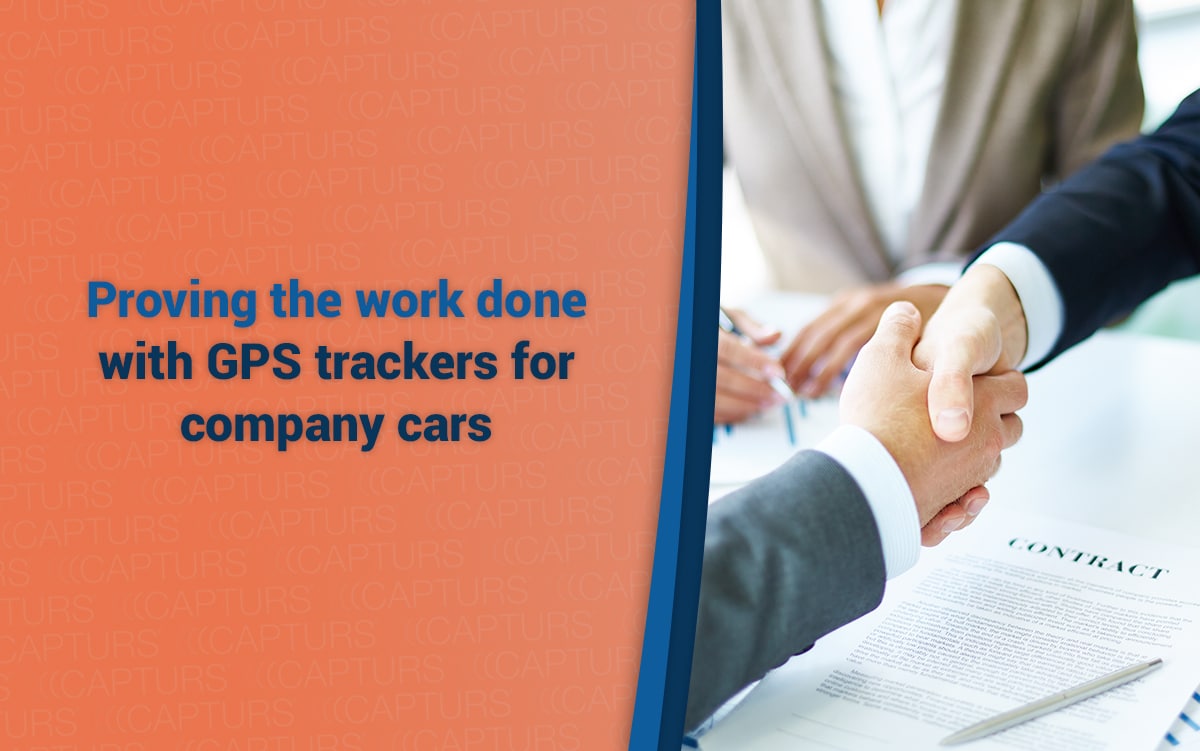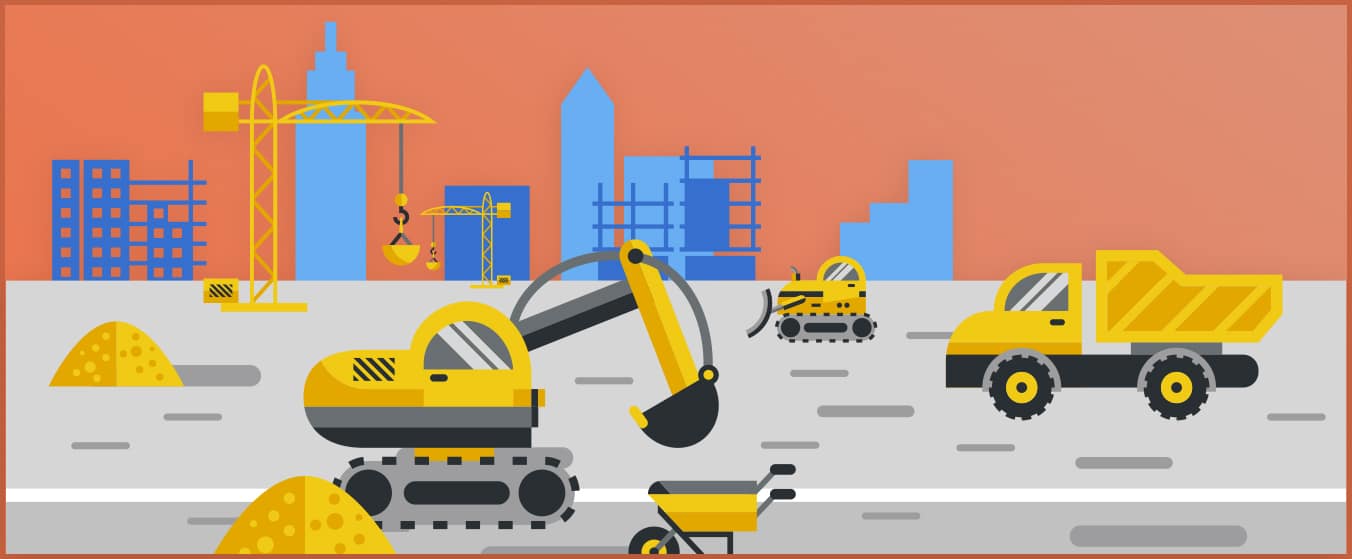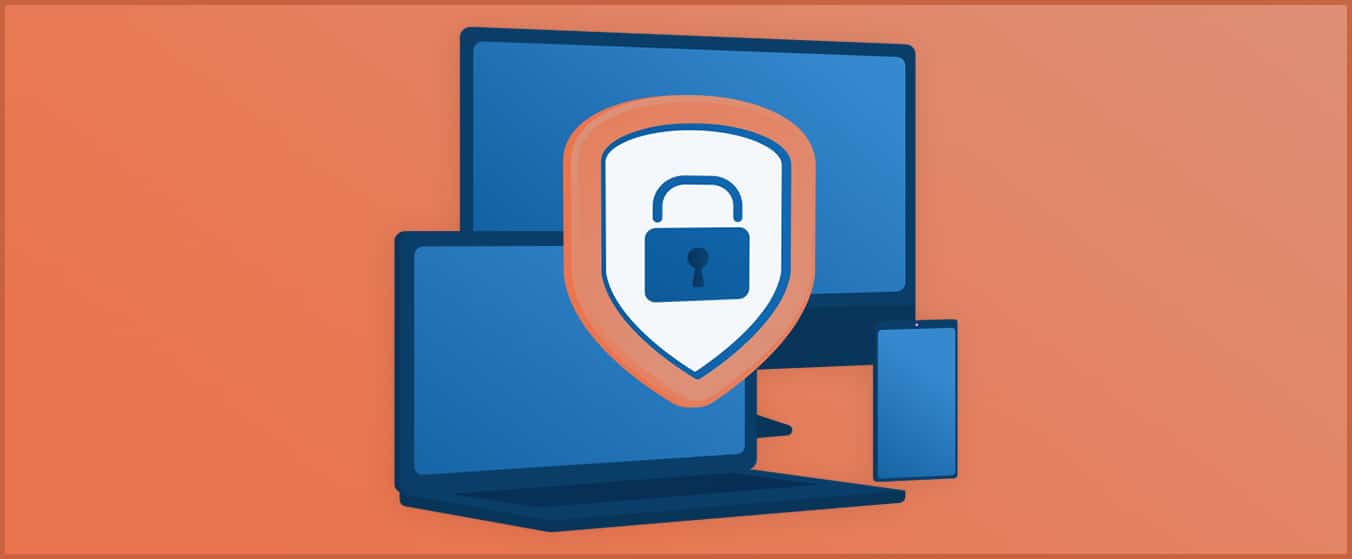Prove the work done with GPS trackers for company cars

GPS trackers are devices used to track and record the position of an object or person. They are increasingly used in companies to prove work and passage to certain locations for customers. This technology allows employers to verify the presence of employees in the workplace, track their route and verify their work time. GPS trackers can also be beneficial for many corporate purposes, such as eco-driving, monitoring or anti-theft.
The context of using GPS trackers to prove work and passage to certain locations for customers is becoming more common, especially in the delivery, construction, cleaning services and security industries. Employers can use this technology to improve productivity, reduce costs and increase employee safety. However, this use also raises privacy concerns, including the potential for abuse and data leakage.
Benefits of GPS trackers for corporate fleets
Improve productivity by tracking car movements and optimizing routes
The use of GPS trackers allows companies to track employees’ movements and optimize their routes, which can lead to improved productivity. Employers can use the data collected to plan delivery routes, assign tasks on a construction site, or assign cleaning locations based on employee location. Monitoring a fleet of vehicles is becoming increasingly common in businesses.
By tracking employee routes, companies can also identify the areas where they spend the most time and the areas where they are late. This allows employers to take steps to improve employee efficiency, such as reorganizing routes or moving employees to areas where they are most productive.
By optimizing routes, companies can also reduce travel costs by avoiding unnecessary trips and using more efficient routes. It also reduces greenhouse gas emissions, promotes eco-driving and contributes to sustainability by reducing miles traveled.
By tracking employee travel, companies can also improve communication between employees and employers, enabling real-time tracking of employee locations and facilitating coordination of activities.

Cost reduction by avoiding unjustified overtime
GPS trackers allow employers to track employee time and attendance at the workplace, which helps reduce costs by avoiding unwarranted overtime. Employers can use the data collected to verify start and end times, as well as breaks, to ensure that employees are not working longer than necessary and to ensure better organization of shifts and the associated vehicle.
By using GPS trackers, employers can also avoid fraud, such as employees claiming to be working when they are not. This reduces labor management costs and ensures that employees are paid for the hours they actually work.
Finally, with GPS trackers, employers can also reduce costs by optimizing routes and reducing miles traveled, thereby reducing fuel and vehicle maintenance costs.
Increase employee safety by tracking their location in case of emergency
GPS trackers allow employers to track the location of employees in real time, which can increase employee safety in the event of an emergency. Employers can use the data collected to track the location of employees and contact them quickly in the event of an emergency, such as a fire or dangerous situation in the workplace.
By using GPS trackers, employers can also improve employee safety in the event of a need for assistance, such as an illness or accident in the workplace. Employers can use the data collected to quickly locate the employee and send help when needed.
Employers can also improve employee safety in the event of an emergency, such as a hurricane or earthquake, by tracking their location and informing them of safety measures to take.
By tracking employee locations, employers can also improve safety in the event of vehicle theft or hijacking, by tracking the location of vehicles and helping authorities quickly locate vehicles and employees. Theft is a common occurrence in the workplace. A stolen vehicle or equipment can be a significant loss to the company, which is why GPS trackers can also be used to combat theft.
Use of car GPS trackers in different sectors
Delivery: tracking of delivery drivers’ routes and optimization of route planning
GPS trackers are widely used in the delivery industry to track delivery drivers’ routes and optimize route planning. Delivery companies can use the data collected to track drivers’ routes and ensure that they stay on schedule.
Delivery companies can also optimize route planning by planning the most efficient routes and avoiding unnecessary trips. This reduces fuel and vehicle maintenance costs, while increasing driver productivity.
By using GPS trackers, delivery companies can also improve communication with customers by informing customers of their package’s location and expected delivery time. This allows customers to plan their day around the arrival of their package.
Finally, delivery companies can improve the safety of delivery drivers in the event of an emergency by tracking their location and informing them of safety measures to take.
Construction: monitoring of workers’ movements on the site to ensure their safety
GPS trackers are widely used in the construction industry to track workers’ movements on the job site and ensure their safety. Construction companies can use the data collected to track workers’ movements on the job site, ensure that they stay in safe zones and protect them from accidents.
Construction companies can also improve communication between workers and employers, allowing real-time tracking of workers’ locations and facilitating coordination of activities. This reduces the risk of accidents and improves worker efficiency. Construction companies can also improve worker safety in the event of an emergency by tracking their location and informing them of safety measures to take. This reduces the risk of accidents and saves lives in an emergency.
Finally, the safety of vehicles and equipment on the job site can be improved by tracking their location and informing them of safety measures to be taken. This reduces the risk of accidents and protects the company’s investments.

Cleaning Services: Verifying the presence of employees at the cleaning site
GPS trackers are also used in the cleaning services industry to verify the presence of employees at the cleaning site and to ensure that they are performing their work efficiently. Cleaning companies can use the data collected to track the movements of employees at the cleaning site and verify that they are present at the scheduled locations.
Cleaning companies can optimize the location of employees based on cleaning locations and staffing needs. This reduces costs and improves employee efficiency. They can also improve communication between employees and employers, allowing real-time tracking of employee locations and facilitating coordination of activities. This reduces the risk of errors and improves employee efficiency.
Finally, by using GPS trackers, cleaning companies can also improve employee safety in the event of an emergency, by tracking their location and informing them of safety measures to take.
In summary, GPS trackers are widely used in the cleaning services industry to verify the presence of employees at cleaning sites and ensure that they are performing their jobs efficiently. Companies can use the data collected to optimize employee location, improve communication and coordination of activities, and increase employee safety in case of an emergency. This reduces costs, improves efficiency and protects employees.
Examples of other industries where GPS trackers can be used (guarding, transportation, etc.)
GPS trackers are used in other industries to improve productivity, reduce costs and increase safety. Here are some examples of other industries where GPS trackers can be used:
Security guarding: Security guarding companies can use GPS trackers to track the movements of security guards and ensure they patrol scheduled areas. This reduces costs and increases the safety of buildings and people.
Transportation: Transportation companies can use GPS trackers to monitor drivers’ routes and ensure they stay on schedule for delivery. This reduces fuel and vehicle maintenance costs while increasing driver productivity.
Agriculture: Agricultural businesses can use GPS trackers to track the movements of tractors and farm machinery and optimize routes to reduce fuel and maintenance costs. GPS tracker data can also be used to improve the accuracy of pesticide and fertilizer spraying, reducing costs and environmental impact.
Fishing: Fishing companies can use GPS trackers to monitor vessel movements and fishing areas to ensure that vessels are complying with regulations. GPS tracker data can also be used to optimize fishing routes and areas to maximize catch and revenue.
Telecommunications: Telecommunications companies can use GPS trackers to track the movements of technicians and ensure they are on schedule for maintenance. This reduces costs and improves the quality of service.
There are other sectors where GPS trackers can be used, such as amusement park management, emergency services, surveillance and security companies, etc.

Privacy concerns about the use of GPS trackers in employees’ cars
Potential for employer abuse by tracking cars outside of work hours
While GPS trackers can offer many benefits to employers and employees, there are also privacy concerns. One of the main risks is abuse by employers by tracking employees during off-duty hours.
Employers can use location data to track employees’ movements outside of work hours, which can result in a privacy violation. Employers can also use this data to make decisions about hiring, promoting, or paying employees, which can lead to discrimination.
It is important that companies have clear policies and protocols in place to protect employee privacy when using GPS trackers. This can include clear limits on the use of location data, consent mechanisms for employees, and procedures for handling privacy violations.
It is also important that employers clearly inform employees of the purpose of GPS tracker use, and of their right to privacy. It is important that employers comply with applicable privacy laws and regulations to avoid legal problems and disputes with employees.
Security measures to protect the data collected, such as encryption and limiting access to employers only
To protect the data collected by GPS trackers and ensure employee privacy, it is important to have effective security measures in place. Here are some examples of security measures that can be used:
Encryption: Data collected by GPS trackers can be encrypted to protect employees’ personal information from unauthorized access. This ensures that only employers with the appropriate decryption keys can access the data.
Limiting access: Employers can limit access to data collected by GPS trackers to employees with a legitimate need for the information. This helps reduce the risk of data abuse or leakage.
Data Anonymization: Employers can remove employees’ personally identifiable information from the collected data to protect their privacy.
Secure storage: Data collected by GPS trackers should be stored on secure servers and protected from unauthorized access. Employers can also implement data backup policies to protect against data loss.

